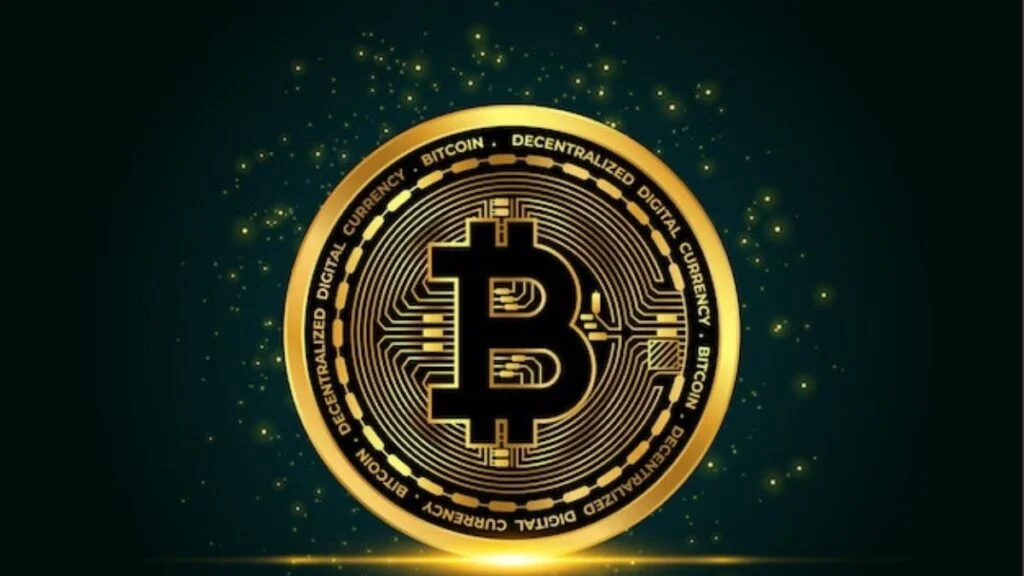Matthew Ferranti, a Ph.D. candidate at Harvard, pointed out that Bitcoin is an optimal alternative hedging asset for central banks.

How central banks can use Bitcoin BTC ($16,441) was emphasized in a study report written at Harvard University.to protect against monetary penalties imposed by the issuers of fiat reserves. Matthew Ferranti, a Ph.D. candidate in the university’s economics department, examined the potential of Bitcoin as a substitute hedging asset for central banks to fend off potential sanctions in a working paper titled “Hedging Sanctions Risk: Cryptocurrency in Central Bank Reserves.”
Ferranti argued that, even under normal circumstances, it makes sense for central banks to hold a small amount of Bitcoin. The researcher did note that it makes sense to hold more BTC alongside gold reserves when there is a risk of sanctions, though.
The researcher also noted in the paper that nations that faced the possibility of US sanctions had increased the percentage of their gold reserves much more than nations that faced a lower risk of sanctions.
The researcher argued that Bitcoin reserves are the best fallback if these central banks are unable to accumulate enough gold to hedge the risks of sanctions.
In addition, the researcher thinks that the possibility of sanctions may eventually encourage central banks to diversify their reserves, raising the value of cryptocurrencies and gold. Ferranti came to the conclusion that diversifying reserves and allocating some to both Bitcoin and gold have considerable advantages.
The increase in the correlation between BTC and gold is a sign that investors are more confident in Bitcoin during the current economic downturn, according to digital strategists at Bank of America (BofA).
The BofA strategists also think that the increase in self-custody may signal a lessening of sell pressure. Self-custody has gained some attention in the wake of the collapse of the FTX exchange, but some members of the community have argued that it is not without risks.
Community members highlighted potential problems that could occur when people choose to self-custody their digital assets, such as smart contract bugs and loved ones having access to crypto assets after death.
